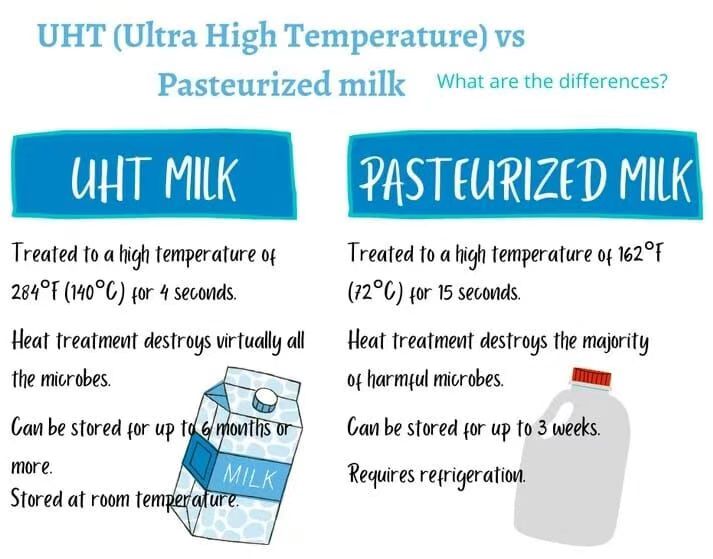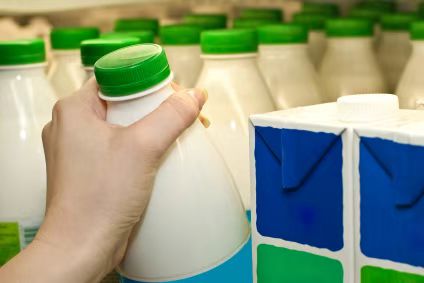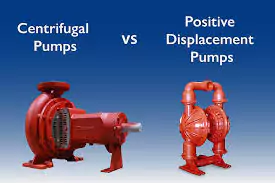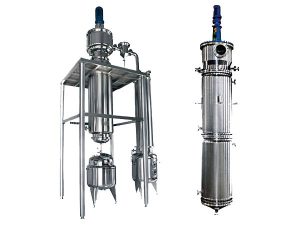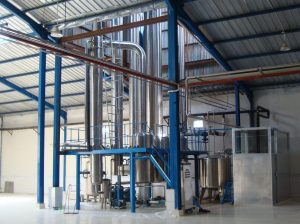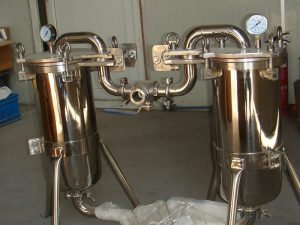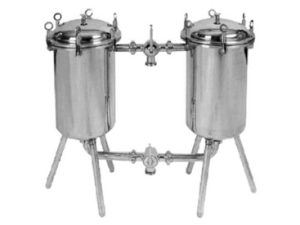In the dairy industry, the choice of equipment material is critical to ensuring product safety, operational efficiency, and regulatory compliance. Stainless steel dairy equipment has become the gold standard for dairy processing facilities worldwide. From milk storage to processing tanks, the use of stainless steel in dairy equipment continues to grow due to its unmatched advantages. This article explores the top reasons why investing in dairy stainless steel equipment is essential for any modern dairy operation.
Table of Contents
ToggleWhat Are the 10 Reasons that You Choose Stainless Steel Dairy Equipment?
| Reason | Description |
|---|---|
| Hygiene and Cleanability | Smooth, non-porous surface prevents bacteria buildup and supports easy cleaning like CIP. |
| Corrosion Resistance | Chromium content resists rust and corrosion from dairy products and cleaning agents. |
| Durability and Strength | Strong and tough; resists impacts, scratches, and harsh conditions. |
| Heat Resistance | Withstands high temperatures during pasteurization and cleaning without damage. |
| Compatibility with Cleaning Agents | Works well with alkaline and acidic detergents without surface damage. |
| Regulatory Compliance | Meets food safety standards like FDA, 3-A, and EHEDG regulations. |
| Long-Term Cost Efficiency | Durable, low maintenance, reduces spoilage and energy costs over time. |
| Aesthetic and Professional Appearance | Shiny, clean look creates a good impression and is easy to maintain. |
| Sustainability and Recyclability | Fully recyclable, supporting eco-friendly business practices. |
| Common Applications | Used in tanks, vats, piping, valves, transport tanks, and silos in dairy processing. |
Hygiene and Cleanability
One of the biggest advantages of stainless steel dairy equipment is its superior hygiene. Stainless steel surfaces are smooth and non-porous, which prevents bacteria and contaminants from lodging in cracks or crevices. This feature makes cleaning much easier, ensuring thorough sanitation after each use. Moreover, stainless steel supports advanced cleaning processes such as Cleaning-In-Place (CIP), allowing dairy plants to maintain the highest food safety standards efficiently.
Corrosion Resistance
Dairy products and cleaning agents can be corrosive to many metals, but stainless steel resists rust and corrosion thanks to its chromium content. This resistance protects stainless steel dairy tanks and other equipment from degradation caused by acids, alkalis, and moisture. As a result, stainless steel equipment maintains its integrity and performance over time, reducing the risk of contamination from corroded surfaces.
Durability and Strength
Durability is vital in dairy production where equipment faces continuous use and mechanical stress. Stainless steel offers exceptional strength and can withstand impacts, abrasions, and harsh environmental conditions without deforming or cracking. This robustness makes it ideal for long-term, heavy-duty dairy operations.
Heat Resistance
Heat is often involved in dairy processing through pasteurization, sterilization, and cleaning. Stainless steel can endure high temperatures without losing its properties or releasing harmful substances. Its heat resistance ensures safety and reliability during thermal treatments, which are crucial for producing safe dairy products.
Compatibility with Cleaning Agents
Dairy cleaning protocols often use a combination of alkaline and acidic detergents. Stainless steel is chemically compatible with a wide range of cleaning agents, preventing surface damage or reactions that could compromise product quality. This compatibility ensures that cleaning processes are both effective and safe for the equipment and dairy products.
Regulatory Compliance
Using stainless steel dairy equipment helps businesses meet stringent industry regulations. Stainless steel materials often comply with food-grade certifications such as FDA, 3-A Sanitary Standards, and EHEDG guidelines. Choosing stainless steel ensures your equipment supports compliance with hygiene and safety laws, safeguarding your brand reputation.
Long-Term Cost Efficiency
While stainless steel equipment may require a higher initial investment, it delivers superior long-term value. Its durability and resistance to wear and corrosion minimize maintenance and replacement costs. Furthermore, its excellent insulation properties in dairy stainless steel tanks reduce product spoilage and energy consumption, positively impacting operational costs.
Aesthetic and Professional Appearance
Stainless steel equipment provides a clean, modern, and professional look to dairy processing facilities. The polished, shiny surfaces not only reflect high hygiene standards but also help create a positive impression for clients and visitors. Maintaining the equipment’s appearance is relatively easy, which supports a neat and organized production environment.
Sustainability and Recyclability
In today’s environmentally conscious market, sustainability matters. Stainless steel is fully recyclable without quality loss, supporting green manufacturing initiatives. Investing in stainless steel dairy equipment aligns your business with sustainable practices, reducing environmental impact while enhancing corporate responsibility.
Common Applications in the Dairy Industry
Stainless steel finds diverse applications in dairy production, including:
-
Milk storage tanks: Preserve freshness and prevent contamination.
-
Processing vats and churns: Used in pasteurization and product formulation.
-
Piping and valves: Ensure hygienic transfer of milk and dairy products.
-
Transport tanks and silos: Provide insulated, safe transport for dairy goods.
Its versatility makes stainless steel the preferred material at every stage of dairy processing.
Conclusion
Choosing stainless steel dairy equipment is a smart decision that ensures hygiene, durability, compliance, and cost-efficiency for dairy operations. The material’s unmatched properties help maintain product quality and safety while supporting sustainable, long-term growth. Whether you need stainless steel dairy tanks or full-scale processing systems, investing in stainless steel is essential to meet the demands of modern dairy production.

